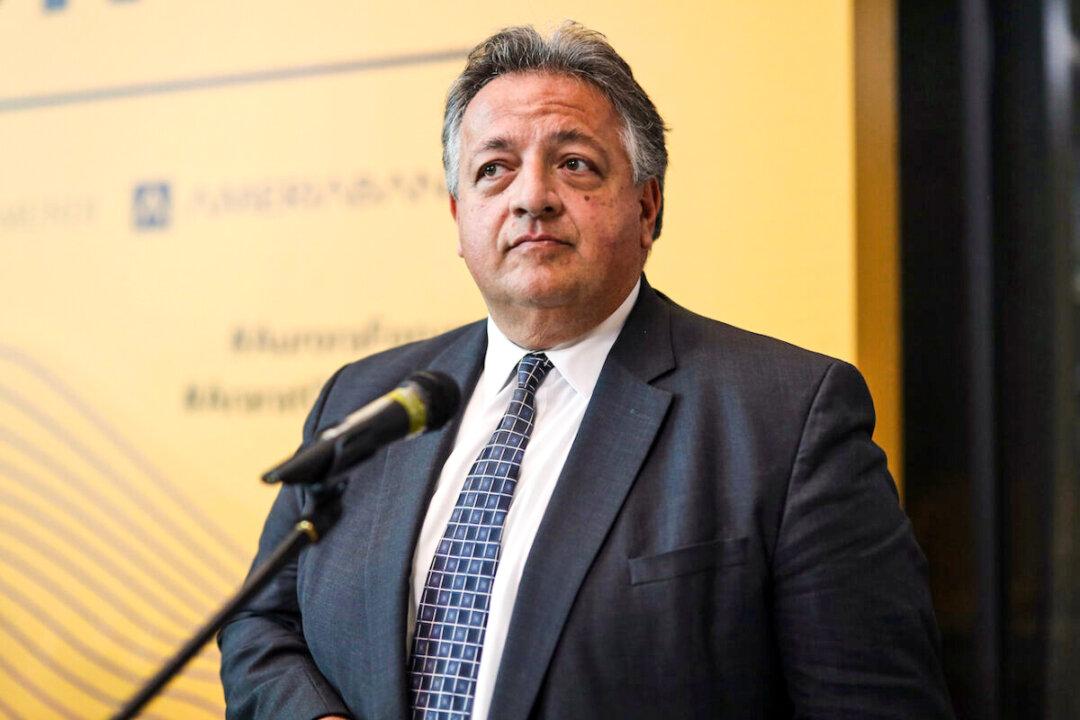The chairman and co-founder of drugmaker Moderna, Noubar Afeyan, said Tuesday that yearly COVID-19 vaccine boosters may be required in the future.
In an interview with Fox News’ “Mornings with Maria,” Afeyan said that if the CCP (Chinese Communist Party) virus becomes endemic—having a constant presence in the world, in certain areas or populations—a regular booster shot may be required.




